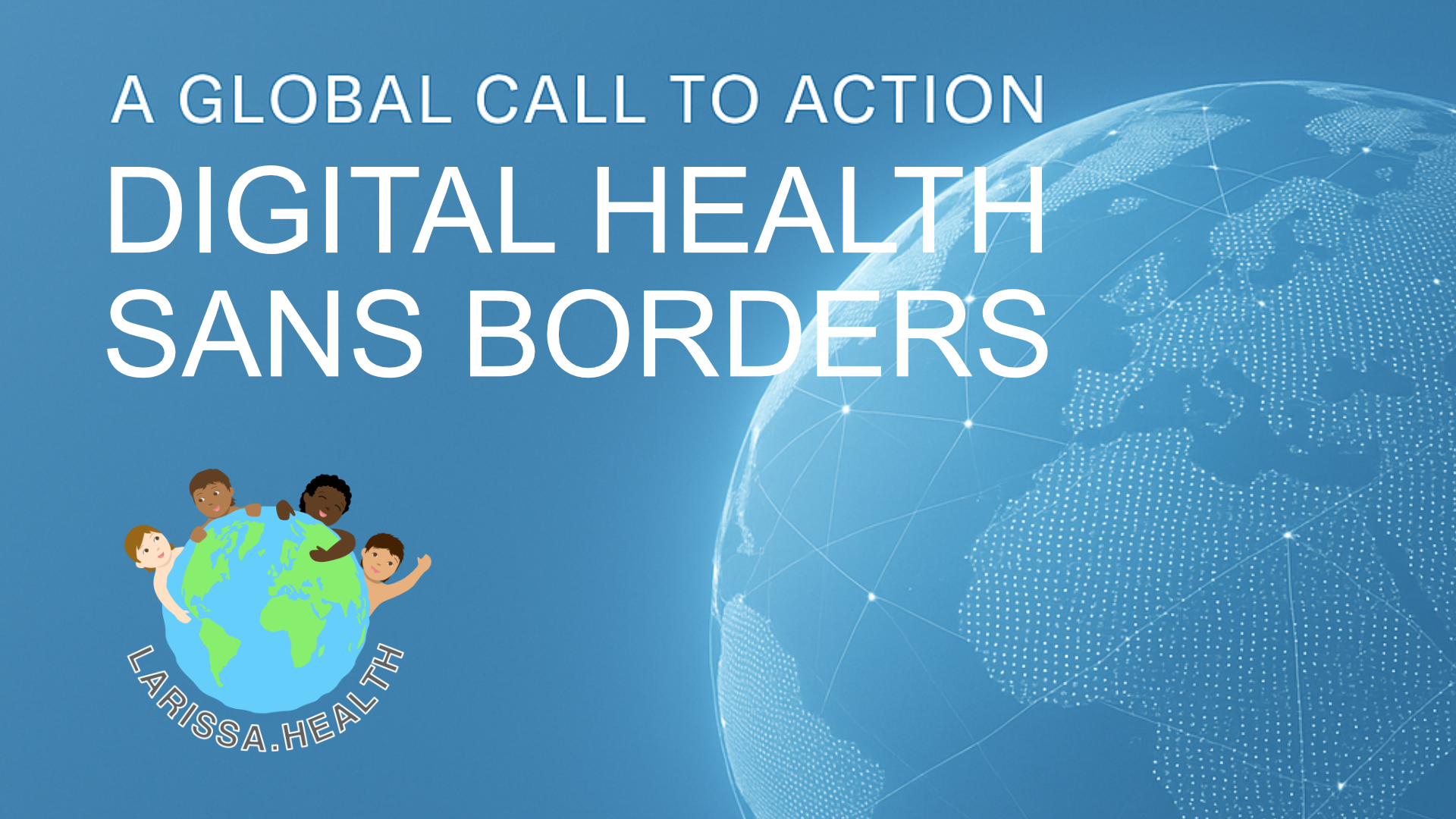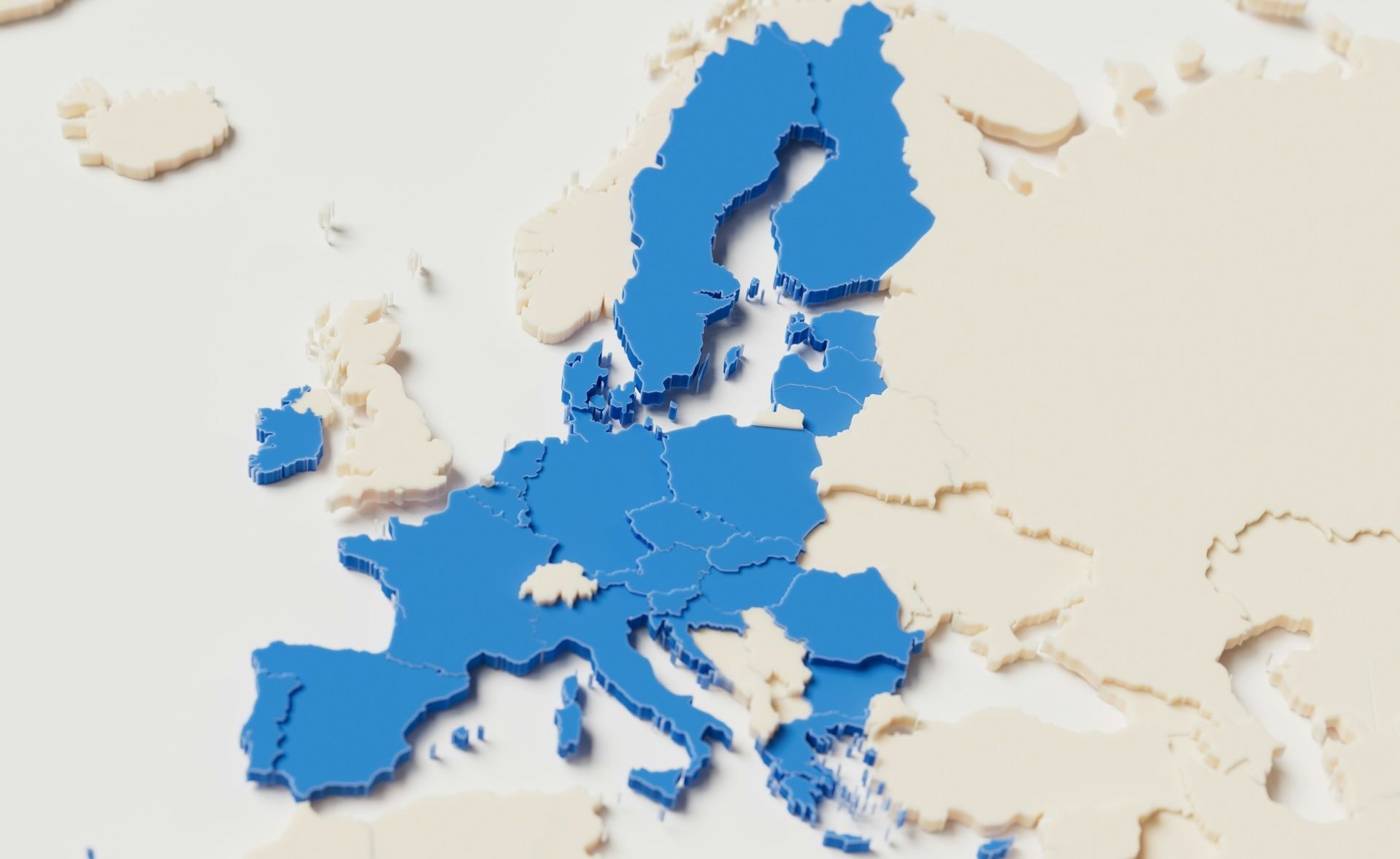Digital Health Sans Borders
A Global Call to Action from Geneva
In a historic gathering during the launch of the “Digital Health Sans Borders” movement in Geneva, leaders from global health, governance, and technology came together to advocate for a digital health ecosystem that transcends borders, bureaucracy, and inequality. Anchored by the Geneva Declaration of Responsibility, this initiative underscores the shared conviction that equitable access to digital health is a fundamental human right—and a responsibility.
Professor Thomas Zeltner opened the summit by reminding participants that digital health is not a futuristic ambition but an urgent necessity. With over 5.5 billion people now connected via mobile phones, digital inclusion is within reach. Yet access remains uneven, particularly among the elderly, rural populations, and youth still learning to navigate digital ecosystems. Professor Zeltner emphasized that successful healthcare reform relies not only on technology, but on political will and shared values. “Digital equity is a human right,” he stated, “and we must resist nationalist agendas that undermine global solidarity.”

Dr. Catherine Duggan of the International Pharmaceutical Federation (FIP) affirmed that pharmacists are on the front lines of digital transformation. Through virtual consultations and telepharmacy, they are expanding access to care, especially in underserved communities. Presenting compelling evidence of improved health outcomes from pharmacist-led telehealth programs, she urged governments to invest in upskilling pharmacists and integrating them into national digital strategies.
Dino Cataldo Dell’Accio of the UN Joint Staff Pension Fund underscored the importance of emerging technologies like blockchain, AI, biometrics, and quantum computing in securing digital identities and health records. Yet he warned that standards for ethical implementation remain fragmented. “Without shared parameters,” he said, “we cannot prove responsible use of these technologies.” He called for urgent collaboration on operational standards that allow for trust, transparency, and interoperability across digital systems.
Marcus Kummer, chair emeritus of the Internet Governance Forum Support Association, reflected on the parallels between digital health and the early days of internet governance. He noted that while the internet is borderless, political and legal tensions remain. Digital health must learn from these dynamics and prioritize cross-border solutions from the outset.
Hani Eskandar from the International Telecommunication Union (ITU) issued a bold call for the “decolonization of digital health.” He criticized past models dependent on foreign aid, proprietary silos, and fragmented software. His vision is one of sovereignty and scale – empowering countries with open reference architectures, low-code tools, and AI-supported services tailored to their needs. “Knowledge is sovereignty,” he declared.
Dr. Lars Lindsköld and Dr. Sabir Pujari from WHO built on this theme, emphasizing that interoperability and AI governance are essential to realizing the promise of augmented information and care. Dr. Pujari challenged the room to identify tangible AI applications—like cervical cancer screening—where life-changing results can be achieved by 2028.
Dr. Prateek Sharma showcased how the American Society for Gastrointestinal Endoscopy is building AI education pipelines for physicians globally. Meanwhile, Dr. Peter Schwarz of the International Diabetes Federation pushed for a radical rethink: using smartphones and digital biomarkers to influence lifestyle decisions long before disease takes root.
Nurses were placed firmly at the center of this movement. Dr. Pamela Cipriano of the International Council of Nurses called for nurses to not only be the “backbone” but the visible front face of healthcare. She celebrated their role in data collection, digital literacy, and inclusive innovation—often in settings with limited infrastructure. “Digital tools belong in the hands of providers and the people they serve,” she said.
Further testimonies from projects in Rwanda, Nepal, Sudan, Ghana, and Guatemala demonstrated the global appetite for telehealth solutions that are community-driven, AI-supported, and resilient even in conflict zones. Voices like Dr. Huda’s from Sudan and Sharon Allen’s from the World Telehealth Initiative brought a deeply human reminder: when systems collapse, digital health may be the only care available.
Ricardo Baptista Leite, CEO of Health.AI, gave a powerful closing reflection on trust. Drawing a parallel with the early fear of elevators, he asked: “How do we make AI as trusted as aspirin?” His answer: embed governance, equity, and user-centricity from the start.
The event concluded with a vote of thanks and a call for all attendees—and the wider world—to sign the Geneva Declaration of Responsibility. As the digital health community moves forward, this moment marks a collective commitment to transformation, built not only on innovation, but on accountability, ethics, and inclusion.
For Larissa.Health, this gathering reaffirmed our mission: to help create a future where no one is left behind—neither by geography, policy, nor technology. Together, we build a borderless foundation for maternal and community health, grounded in trust, dignity, and digital equity. .





